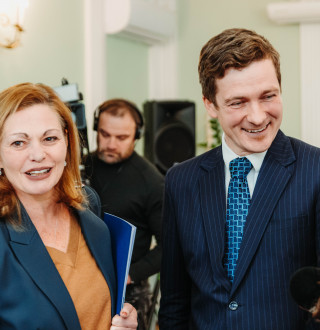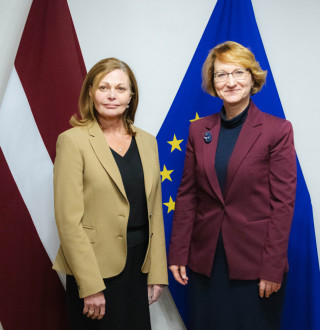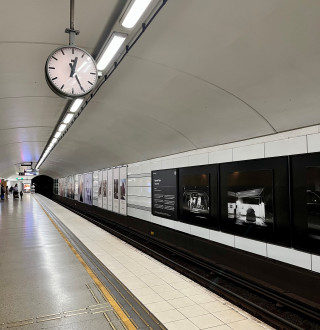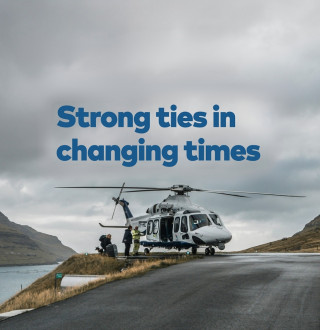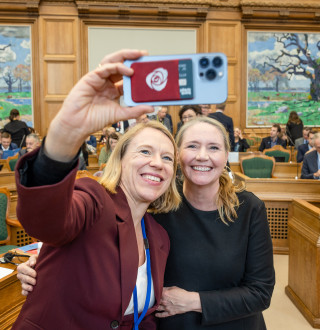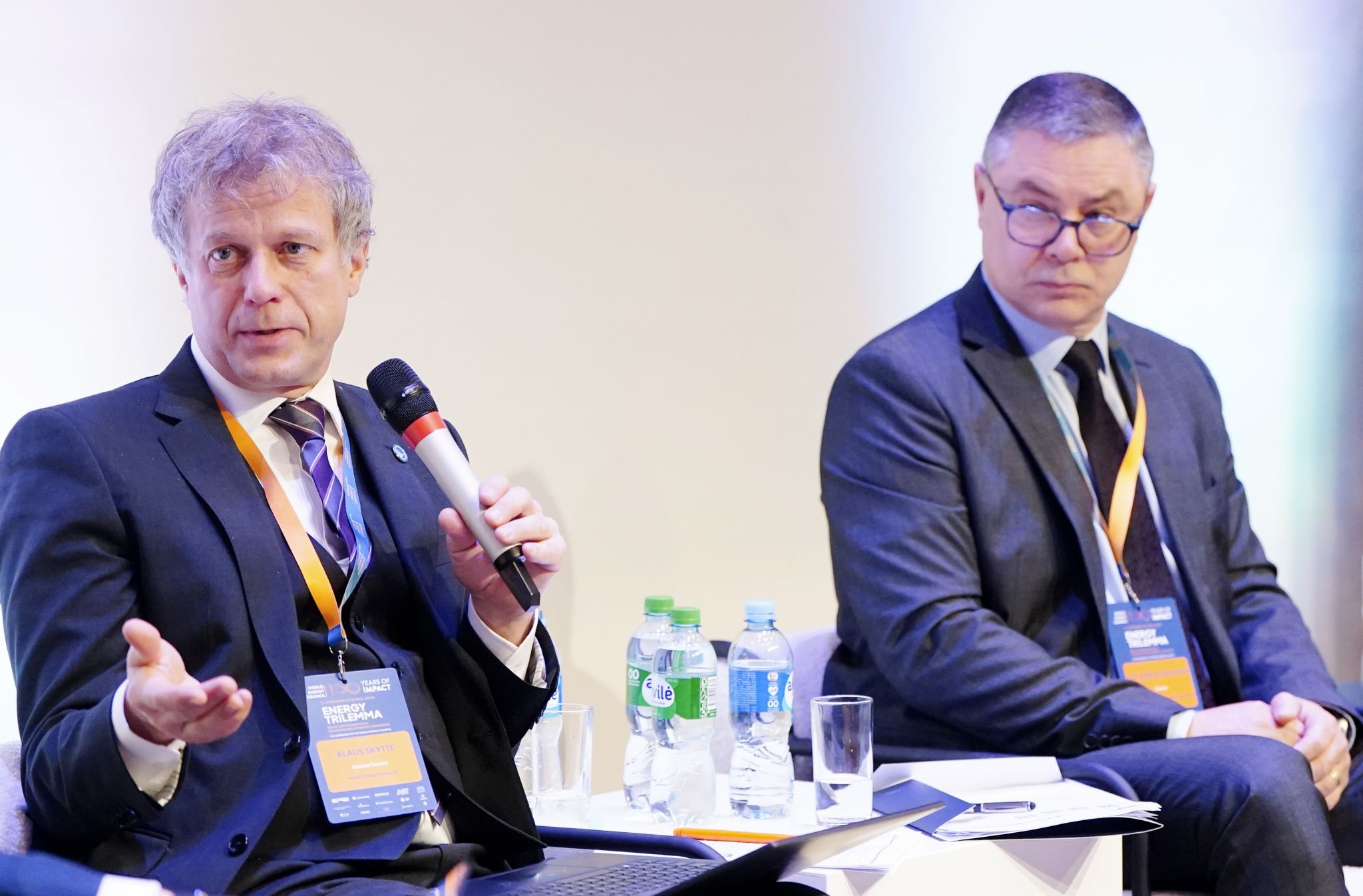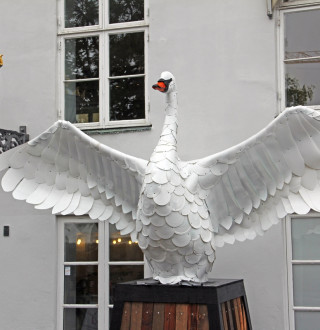To celebrate the centenary of the World Energy Council (WEC), the WEC Latvian National Committee organised an ambitious energy conference titled “Energy Trilemma – the Backbone for Energy Transition. Baltic Sea region focus.”
The conference gathered leaders from different energy sectors, internationally renowned experts, policy makers and stakeholders from the region, united by a professional passion for topics such as energy sector resilience, electricity markets and energy sustainability.
Leading up to the conference, Olga Bogdanova, President of the Latvian National Committee of the World Energy Council, shared her insights into the relevance of the event:
“Energy sector in the countries of the Baltic Sea region is facing major transformation. Challenges to energy security, including last year’s record-high electricity prices driven by Russia’s invasion of Ukraine, and the insufficient progress of EU Member States towards climate neutrality targets, underscore the urgent need to find a delicate balance among all dimensions of the energy trilemma – security, affordability, and sustainability. The conference aims to explore solutions for a sustainable energy future in the region, bridging the gap between intentions and concrete actions. This effort will also contribute substantively to the influential World Energy Congress 2024 in Rotterdam, the Netherlands.”
The conference comprised three key thematic segments focusing on the dimensions of the energy trilemma mentioned by the organizer in the previous quote – energy security, accessibility or equality, and environmental sustainability. The World Energy Council emphasizes the critical need to balance these three dimensions, urging policymakers to consider those. To learn more about the priority dimensions, please browse the World Energy Council website here. For a comprehensive description and statistical summary of the World Energy Trilemma Index 2022 please click here.
On the first day of the conference, December 11, energy experts shared insights on the sector’s most pressing challenges. Discussions aimed to address questions such as the Baltic Sea Region’s resilience to risks, the impact of the Russian invasion of Ukraine on the region, the consequences of synchronizing Baltic energy systems with European grids, and the energy risks in Nordic countries. The sessions also delved into topics like responsibility for regional energy security, the necessity of subsidies for renewable energy generation, effective measures to support low-income consumers, the progress of the Baltic Sea Region H2 project, and anticipated developments in the sector in the near future.
On the second day, members of the World Energy Council – the Baltic Sea Community of Experts – gathered for a roundtable discussion. Notable participants included Michael Howard, Chairman of the World Energy Council, Darius Užurkaitis, Director of the NATO Energy Security Centre of Excellence, and Andris Piebalgs, former European Commissioner for Energy. The discussion also featured representatives from Baltic Sea Region energy ministries and energy company executives, including Latvenergo AS, Esti Energia AS, Augstsprieguma tīkls AS, SE E.ON, S.A. Orlen.
The Nordic countries were well-represented by experienced professionals such as Klaus Skytte, Head of the intergovernmental organisation Nordic Energy Research, Professor Frede Blaabjerg, Chairman of the Danish Research and Innovation Policy Council, and Heli Virkki, Development Manager of GasGrid Finland.
Klaus Skytte presented the outcomes of the Nordic Energy Research Institutes study on the energy trilemma in the Nordic countries and was invited to participate in two panel discussions as a prominent industry opinion leader.
Asked to comment on the ongoing energy crisis, its key causes, and what could have been done differently to mitigate those factors in the future, Klaus stated:
“In the recent study conducted by the Nordic Energy Research Institute, we found that the energy challenges were not unique for each country; they depend on the technology mix and situation in each country. So, we found out that you could have some common things that were driving the energy crisis and then we have some individual things. In the Nordic countries we actually came out quite good, so I don’t think we should have done it differently. The most important thing is that we have learned from crisis, so now we’re prepared for the next.”
The Nordic Council of Ministers’ Office in Latvia contributed as one of the sponsors, covering part of the organisational costs of the event.
Detailed information on the conference programme and speakers is available here.
The video recording of the conference is available here.
